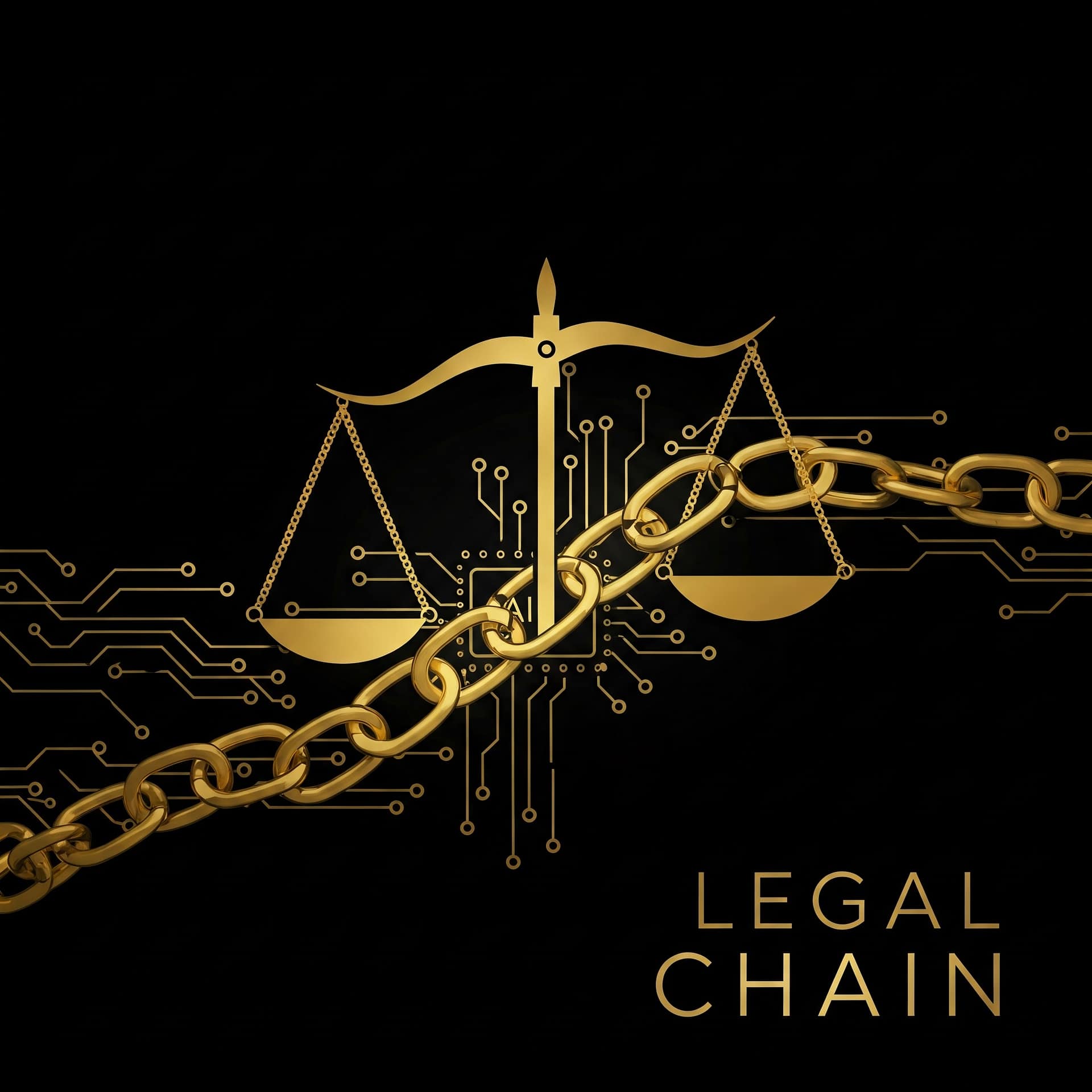Artificial Intelligence: Reshaping the Landscape of Law

The legal industry, steeped in tradition and precedent, has long been considered resistant to change. However, the winds of innovation are sweeping through the halls of justice, propelled by a powerful force: Artificial Intelligence (AI).
AI is no longer a futuristic concept; it\’s rapidly transforming the legal landscape, from contract review and due diligence to legal research and predictive analytics. This op-ed delves into the profound impact AI is having on the legal industry, exploring its potential to revolutionize the way law is practiced.
From Paperwork Purgatory to AI-Powered Paradise:
One of the most significant transformations driven by AI is the automation of tedious legal tasks. Imagine mountains of contracts and legal documents processed in mere seconds, with AI extracting key information and identifying potential risks with uncanny accuracy.
Gone are the days of lawyers drowning in paperwork; AI liberates them, allowing them to focus on the human aspects of law: strategy, negotiation, and client interaction. This shift, while potentially disruptive in the short term, will ultimately lead to a more efficient and cost-effective legal system for everyone.
Legal Eagle 2.0: The Rise of the AI-Powered Lawyer
AI\’s reach extends far beyond mere automation. Advanced algorithms are now capable of performing complex legal research, analyzing vast amounts of case law and statutes to identify relevant precedents and predict the outcome of legal proceedings. This empowers lawyers to build stronger cases, make informed decisions, and ultimately, achieve better results for their clients.
Furthermore, AI-powered legal research tools are democratizing access to legal information, making it more affordable and accessible for individuals and small businesses who may not have the resources to hire a traditional lawyer. This increased access to justice is a significant step towards a more equitable legal system.
The Ethical Elephant in the AI Courtroom:
While the potential of AI in law is undeniable, it\’s crucial to acknowledge the ethical concerns surrounding its use. Questions of bias, transparency, and accountability loom large.
It\’s imperative that AI algorithms are developed and deployed with careful consideration of ethical principles. We must ensure that AI tools are not biased against certain groups or individuals, and that their decision-making processes are transparent and understandable.
Ultimately, the success of AI in law hinges on a collaborative approach. Lawyers, developers, and policymakers must work together to ensure that AI is used ethically and responsibly, maximizing its benefits while mitigating its risks.
The Verdict is In: AI is Here to Stay
The impact of AI on the legal industry is undeniable. While the future may hold challenges, the opportunities presented by AI are vast. From streamlining legal processes to democratizing access to justice, AI has the potential to reshape the legal landscape for the better.
As Waleed, I believe that embracing AI, with careful consideration of its ethical implications, is not just an option, but a necessity for the legal industry to thrive in the 21st century. By harnessing the power of AI, we can create a more efficient, equitable, and just legal system for all.
So, let the gavel of innovation fall, and let us usher in a new era of law, powered by artificial intelligence.
Join the Discussion:
What are your thoughts on the impact of AI on the legal industry? Share your comments and insights below!
This blog post is just a starting point for the conversation. I encourage you to explore this topic further and share your own perspectives on the evolving relationship between law and AI.
